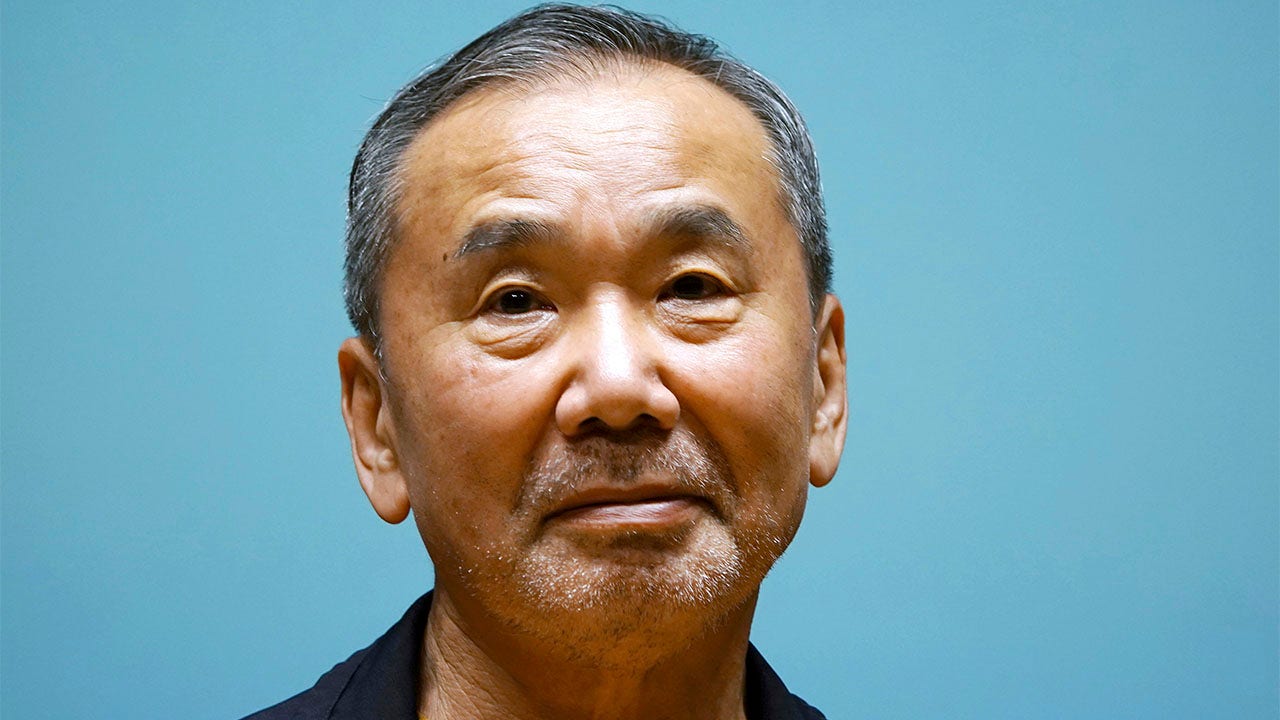Renowned author Haruki Murakami expresses vehement opposition to the redevelopment plan for Jingu Gaien, a cherished historic park district in Tokyo. This controversial project, approved by Tokyo Gov. Yuriko Koike, aims to replace the beloved jogging path and demolish the nearly century-old baseball stadium where Murakami found inspiration for his career as a novelist. Many individuals and groups, including baseball and rugby enthusiasts, conservationists, and civil organizations, criticize the lack of transparency, insufficient environmental assessment, and failure to inform the local residents about the project’s details.
The proposed plan involves the demolition of the baseball stadium, which was also used for soccer during the 1964 Tokyo Olympics, along with the neighboring rugby stadium. Additionally, hundreds of trees that have stood in the Tokyo park district for centuries will be removed to make way for towering office buildings in a commercial complex surrounding the new stadiums.
Murakami, on his Sunday radio show, firmly opposes the Jingu Gaien redevelopment plan and implores the authorities to preserve the peaceful jogging course and the treasured Jingu Stadium. He emphasizes the irreversible nature of destruction and urges the preservation of what holds sentimental value.
The acclaimed author reminisces about his experiences sitting beyond the outfield fence, sipping a beer, and watching a game on the grassy slope. It was on April 1, 1978, that a significant moment occurred, shaping Murakami’s decision to become a novelist. He vividly describes the resonating sound of the bat meeting the ball as it soared through the left field. This memoir, titled “What I Talk About When I Talk About Running,” recounts his deep connection to the stadium and the game that sparked his literary career.
Murakami cherishes Gaien’s circular jogging path, just over one kilometer long, with its markers every 100 meters. During his radio show, he fondly recalls the unspoken bond he shared with another runner he frequently encountered while going in opposite directions.
Over the weekend, hundreds of people joined in protest outside the designated redevelopment area in Tokyo, voicing their opposition to the project. This dispute arises two years after the Tokyo Olympics, which faced corruption scandals and tarnished the reputation of newly constructed stadiums.
Furthermore, Koike asserts that the metropolitan government has fulfilled the necessary environmental assessment and urges the companies involved to share project details with the public. Despite the estimated 13-year timeline for completion, preliminary construction has already begun. The first court hearing to discuss a lawsuit seeking to halt the work is scheduled for later this week.
Denial of responsibility! VigourTimes is an automatic aggregator of Global media. In each content, the hyperlink to the primary source is specified. All trademarks belong to their rightful owners, and all materials to their authors. For any complaint, please reach us at – [email protected]. We will take necessary action within 24 hours.


